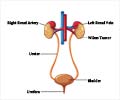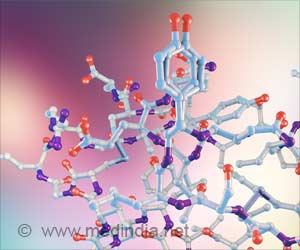Concern has been expressed over the decision of UK’s NICE, the NHS advisory body, to reject four new kidney cancer drugs as too expensive.
Concern has been expressed over the decision of UK’s NICE, the NHS advisory body, to reject four new kidney cancer drugs as too expensive for use in the public health system.
Last week the National Institute for Health and Clinical Excellence (NICE) said though the drugs could extend life by up to six months, they are not cost-effective.In the past few years, Pfizer’s Sutent, Wyeth’s Torisel, Nexavar from Onyx and Bayer and Avastin from Roche and Genentech have been shown to slow the progression of kidney cancer and, in some cases, to extend patients’ lives for a few weeks or months on average. (Avastin has been approved in the EU for kidney cancer, but not in the U.S.)
But giving the drugs costs £20,000 to £35,000 (roughly $40,000 to $70,000) per patient per year in England.
The cost-effectiveness limit for NICE is £30,000 per good-quality year of life gained.
It said that the money would be better spent elsewhere in the NHS, where it would do more good. The decision to issue draft guidance rejecting the drugs has outraged charities, kidney specialists and campaigners. It leaves patients with only one treatment option, interferon, to which many do not respond, the Times of London reports.
One cancer doctor told the Times the decision was “an outrage” and a “devastating blow to the kidney cancer community.”
Advertisement
Asserting the drugs have showed a lot of promise during clinical trials, the organisation said the computer models used by NICE to decide on the cost-effectiveness of the drugs was relevant only to drugs used by large numbers of people.
Advertisement
“We’re also worried that NICE is setting the bar too high with regard to the strength of evidence they require to approve these drugs. Doctors don’t have a lot to offer people with advanced kidney cancer. If these drugs can help them - and the clinical trials show that they do - shouldn’t they be made available?
We’re keen to work with NICE to improve their drug assessment mechanism for ‘orphan’ diseases - diseases that affect relatively few people,” Cancer Research says.
Source-Medindia
GPL/L













